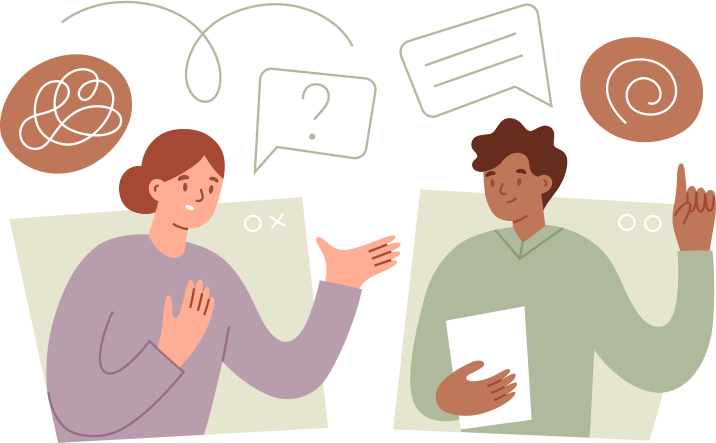Culturally Adapted Therapy: Why understanding a client’s cultural context matters

Culturally Adapted Therapy: The Importance of Understanding Our Clients’ Context
Therapy is more than techniques or sessions—it’s about connection, empathy, and understanding. To offer meaningful support, mental health professionals must delve deeper than conventional methods, immersing themselves in their clients’ cultural realities. Each individual brings a unique set of experiences shaped by their heritage, beliefs, and social contexts. Recognizing this diversity is essential, even as we acknowledge that no therapist can fully grasp every client’s lived experience. Instead, professionals must approach cultural nuances with humility, accepting corrections and remaining open to learning.
Why Is Cultural Context So Important?
A client’s cultural background is like the key to understanding the bigger picture of their mental health. Without this context, therapists risk missing critical details or misinterpreting behaviors and emotions. For example, a display of grief considered normal in one culture might be labeled pathological in another. Similarly, interventions that ignore cultural values and practices can fail to resonate with clients, rendering therapy less effective.
Beyond treatment outcomes, a lack of cultural sensitivity can erode trust. When clients feel their cultural identities are overlooked or misunderstood, the therapeutic relationship suffers. This gap can leave clients feeling alienated and hesitant to fully engage in their healing journey.
How Can We Adapt Our Practice?
Adapting therapy to meet the needs of culturally diverse clients involves an ongoing process of learning and integration. It is not enough to simply be aware of cultural differences; therapists must actively cultivate cultural competence. Here’s how:
-
Educate Yourself: Take the initiative to research the cultural backgrounds of your clients. Understand their traditions, values, and potential stressors that may influence their mental health.
-
Show Genuine Curiosity: Engage in open, respectful conversations with clients about their cultural experiences and perspectives. Validation of their lived realities fosters trust and deepens the therapeutic connection.
-
Adapt Communication: Adjust language and communication styles to ensure clarity and relatability. Recognize how cultural differences can influence expressions of distress or coping mechanisms.
-
Incorporate Cultural Practices: Where appropriate, integrate clients’ cultural traditions and strengths into their therapeutic journey. This could involve recognizing family structures, community support systems, or culturally significant healing practices.
-
Collaborate: Work with other professionals or community leaders who have deeper insights into the cultures you serve. These partnerships can help bridge knowledge gaps and enhance the support you provide.
Mutual Benefits of Cultural Adaptation
When therapy aligns with a client’s cultural reality, the impact is profound. Clients feel heard, respected, and empowered, which fosters stronger engagement and better outcomes. For therapists, this approach broadens their understanding, enhances their skills, and makes their practice more inclusive and effective.

Cultural Sensitivity as Social Justice
At its core, culturally adapted therapy is about equity. Mental health services should be accessible and meaningful to everyone, regardless of their background. By integrating cultural considerations into mental health care, we challenge systemic barriers and ensure that diverse populations receive the respect and support they deserve.
Culturally adapted therapy is not just a clinical necessity; it is an ethical imperative. Through our commitment to understanding and respecting cultural differences, we create space for healing and contribute to a more just and inclusive society.
Farah Osman
Cultural engagement specialist at Thera
Tags:





